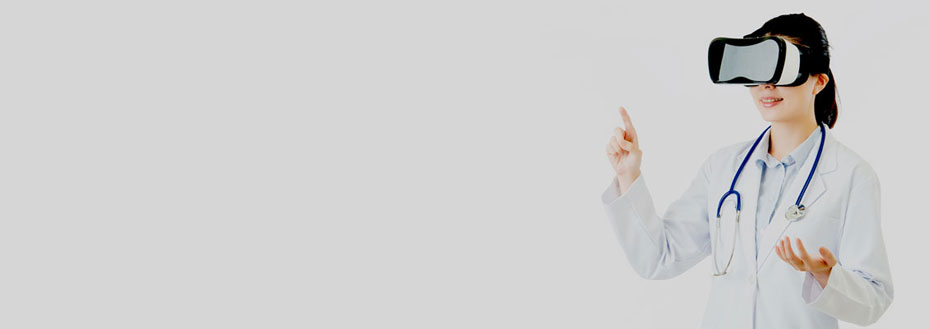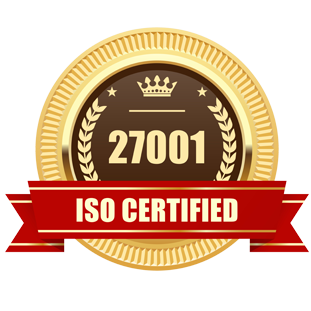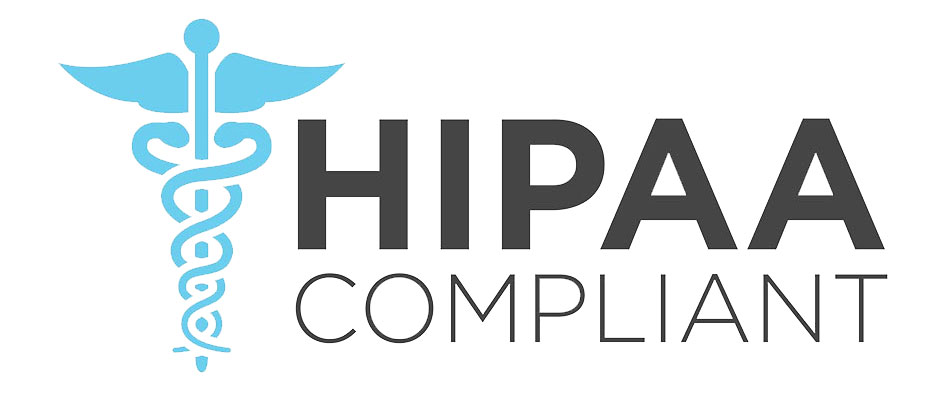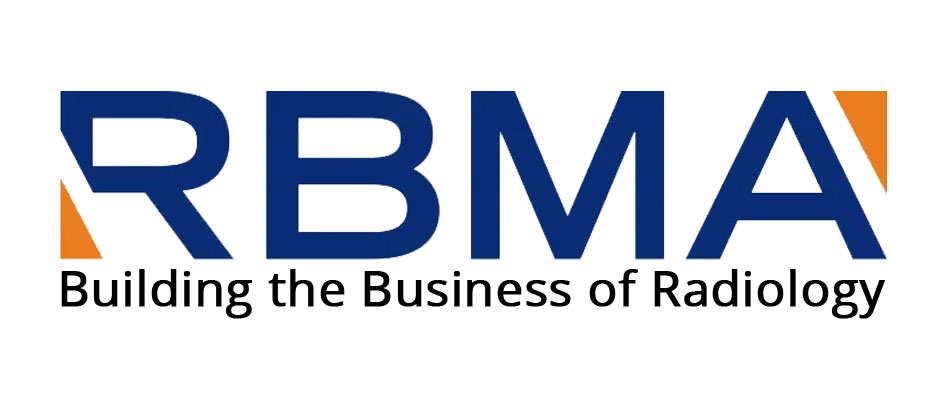Healthcare is an important industry which offers value-based care to millions of people, while at the same time becoming top revenue earners for many countries. Today, the Healthcare industry in the US alone earns a revenue of $1.668 trillion. The US also spends more on healthcare per capita as compared to most other developed or developing nations. Quality, Value, and Outcome are three buzzwords that always accompany healthcare and promise a lot, and today, healthcare specialists and stakeholders around the globe are looking for innovative ways to deliver on this promise. Technology-enabled smart healthcare is no longer a flight of fancy, as Internet-connected medical devices are holding the health system as we know it together from falling apart under the population burden.
From playing a critical role in patient care, billing, and medical records, today technology is allowing healthcare specialists develop alternate staffing models, IP capitalization, provide smart healthcare, and reducing administrative and supply costs. Machine learning in healthcare is one such area which is seeing gradual acceptance in the healthcare industry. Google recently developed a machine-learning algorithm to identify cancerous tumors in mammograms, and researchers in Stanford University are using deep learning to identify skin cancer. Machine Learning (ML) is already lending a hand in diverse situations in healthcare. ML in healthcare helps to analyze thousands of different data points and suggest outcomes, provide timely risk scores, precise resource allocation, and has many other applications. In this article we will discuss some of the top applications of machine learning in healthcare, and how they stand to change the way we visualize the healthcare industry in 2018 and beyond.
Top 10 Applications of Machine Learning in Pharma and Medicine
The increasingly growing number of applications of machine learning in healthcare allows us to glimpse at a future where data, analysis, and innovation work hand-in-hand to help countless patients without them ever realizing it. Soon, it will be quite common to find ML-based applications embedded with real-time patient data available from different healthcare systems in multiple countries, thereby increasing the efficacy of new treatment options which were unavailable before.
Here are the top 10 applications of machine learning in healthcare -
1. Identifying Diseases and Diagnosis
One of the chief ML applications in healthcare is the identification and diagnosis
of diseases and ailments which are otherwise considered hard-to-diagnose. This can include anything from cancers which are tough to catch during the initial
stages, to other genetic diseases. IBM Watson Genomics is a prime example of how integrating cognitive computing with genome-based tumor sequencing can help
in making a fast diagnosis. Berg, the biopharma giant is leveraging AI to develop therapeutic treatments in areas such as oncology. P1vital's PReDicT (Predicting Response to Depression Treatment) aims to develop a commercially feasible way to diagnose and provide treatment in routine clinical conditions.
2. Drug Discovery and Manufacturing
One of the primary clinical applications of machine learning lies in early-stage drug discovery process. This also includes R&D technologies such as next-generation sequencing and precision medicine which can help in finding alternative paths for therapy of multifactorial diseases. Currently, the machine learning techniques involve unsupervised learning which can identify patterns in data without providing any predictions. Project Hanover developed by Microsoft is using ML-based technologies for multiple initiatives including developing AI-based technology for cancer treatment and personalizing drug combination for AML (Acute Myeloid Leukemia).
3. Medical Imaging Diagnosis
Machine learning and deep learning are both responsible for the breakthrough technology called Computer Vision. This has found acceptance in the InnerEye initiative developed by Microsoft which works on image diagnostic tools for image analysis. As machine learning becomes more accessible and as they grow in their explanatory capacity, expect to see more data sources from varied medical imagery become a part of this AI-driven diagnostic process.
4. Personalized Medicine
Personalized treatments can not only be more effective by pairing individual health with predictive analytics but is also ripe are for further research and better disease assessment. Currently, physicians are limited to choosing from a specific set of diagnoses or estimate the risk to the patient based on his symptomatic history and available genetic information. But machine learning in medicine is making great strides, and IBM Watson Oncology is at the forefront of this movement by leveraging patient medical history to help generate multiple treatment options. In the coming years, we will see more devices and biosensors with sophisticated health measurement capabilities hit the market, allowing more data to become readily available for such cutting-edge ML-based healthcare technologies.
5. Machine Learning-based Behavioral Modification
Behavioral modification is an important part of preventive medicine, and ever since the proliferation of machine learning in healthcare, countless startups are cropping up in the fields of cancer prevention and identification, patient treatment, etc. Somatix is a B2B2C-based data analytics company which has released an ML-based app to recognize gestures which we make in our daily lives, allowing us to understand our unconscious behavior and make necessary changes.
6. Smart Health Records
Maintaining up-to-date health records is an exhaustive process, and while technology has played its part in easing the data entry process, the truth is that even now, a majority of the processes take a lot of time to complete. The main role of machine learning in healthcare is to ease processes to save time, effort, and money. Document classification methods using vector machines and ML-based OCR recognition techniques are slowly gathering steam, such as Google's Cloud Vision API and MATLAB's machine learning-based handwriting recognition technology. MIT is today at the cutting edge of developing the next generation of intelligent, smart health records, which will incorporate ML-based tolls from the ground up to help with diagnosis, clinical treatment suggestions, etc.
7. Clinical Trial and Research
Machine learning has several potential applications in the field of clinical trials and research. As anybody in the pharma industry would tell you, clinical trials cost a lot of time and money and can take years to complete in many cases. Applying ML-based predictive analytics to identify potential clinical trial candidates can help researchers draw a pool from a wide variety of data points, such as previous doctor visits, social media, etc. Machine learning has also found usage in ensuring real-time monitoring and data access of the trial participants, finding the best sample size to be tested, and leveraging the power of electronic records to reduce data-based errors.
8. Crowdsourced Data Collection
Crowdsourcing is all the rage in the medical field nowadays, allowing researchers and practitioners to access a vast amount of information uploaded by people based on their own consent. This live health data has great ramifications in the way medicine will be perceived down the line. Apple's ResearchKit allows users to access interactive apps which apply ML-based facial recognition to try and treat Asperger's and Parkinson's disease. IBM recently partnered with Medtronic to decipher, accumulate, and make available diabetes and insulin data in real time based on the crowdsourced information. With the advancements being made in IoT, the healthcare industry is still discovering new ways in which to use this data and tackle tough-to-diagnose cases and help in the overall improvement of diagnosis and medication.
9. Better Radiotherapy
One of the most sought-after applications of machine learning in healthcare is in the field of Radiology. Medical image analysis has many discrete variables which can arise at any particular moment of time. There are many lesions, cancer foci, etc. which cannot be simply modeled using complex equations. Since ML-based algorithms learn from the multitude of different samples available on-hand, it becomes easier to diagnose and find the variables. One of the most popular uses of machine learning in medical image analysis is the classification of objects such as lesions into categories such as normal or abnormal, lesion or non-lesion, etc. Google's DeepMind Health is actively helping researchers in UCLH develop algorithms which can detect the difference between healthy and cancerous tissue and improve radiation treatment for the same.
10. Outbreak Prediction
AI-based technologies and machine learning are today also being put to use in monitoring and predicting epidemics around the world. Today, scientists have access to a large amount of data collected from satellites, real-time social media updates, website information, etc. Artificial neural networks help to collate this information and predict everything from malaria outbreaks to severe chronic infectious diseases. Predicting these outbreaks is especially helpful in third-world countries as they lack in crucial medical infrastructure and educational systems. A primary example of this is the ProMED-mail, an Internet-based reporting platform which monitors evolving diseases and emerging ones and provides outbreak reports in real-time.
Reap the Benefits of Machine Learning in Healthcare by Partnering With FWS
At Flatworld Solutions, we believe that healthcare providers need to stop considering machine learning as a concept from the future and instead embrace the real-world tools it is making available to us today! Over the years, we have helped global healthcare clients leverage the latest in technology to help patients and stakeholders alike. When it comes to machine learning, we find specific use cases in which ML-based applications can provide something of tangible value to your healthcare initiatives, and then help develop a step-by-step process to incorporate the same within your processes.
Our healthcare services have helped numerous Fortune 500 companies save time and costs while revitalizing their offerings for the modern world. To learn more about our services and how we can help customize solutions based on your requirements, contact us now!
Contact Us





















